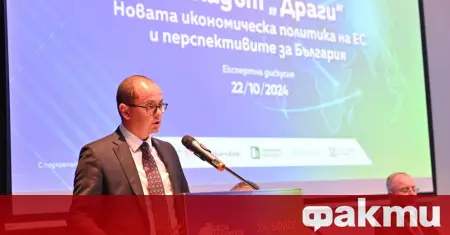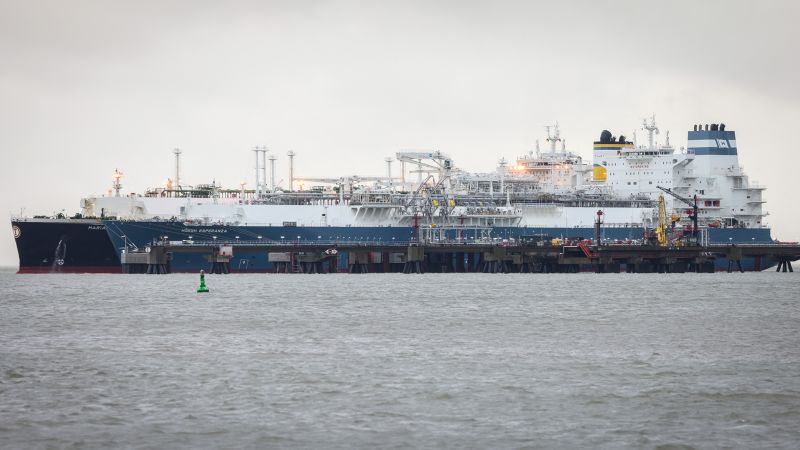Europe is dramatically behind China and the US in terms of economic growth, innovation and high technology. In order to catch up, the EU needs to introduce serious reforms and focus on investments in new industries. The Chairman of the Board of Directors of BFIEK Konstantin Stamenov, the Minister of Economy and Industry Petko Nikolov, the Deputy Minister of Innovation and Growth Krasimir Yakimov, the Deputy Minister of Energy Krasimir Nenov and the former Prime Minister ((2005 – 2009) and member of EP (2014 – 2024) Sergey Stanishev during the opening of the Expert Discussion on Mario Draghi’s report “The Future of European Competitiveness”.
„The report is not just thought-provoking, it is a clear call to action. Change or disappear – the European Union is faced with a choice – either it will transform or it will lose its importance”, said Monika Stanisheva. “We live in a world where dramatic changes are happening at a dizzying pace. This changing world does not forgive weaknesses and will reject all those who do not have the courage and vision to change”, she emphasized.
„There is no doubt that in recent years the countries in the Union have faced a number of difficulties – economic decline, pandemic, environmental footprint,”, commented Petko Nikolov, Minister of Economy and Industry.
“The digital environment is becoming increasingly complex, but also hostile. In such a situation, European companies are lagging behind their competitors in the USA and in China, especially in terms of innovation and high technology,” added the economy minister.
„The three areas of action outlined in Draghi’s report to achieve sustainable growth – overcoming the lag in innovation, a joint plan for decarbonisation and competitiveness and increasing security and reducing the Union’s dependencies, are adequate, timely and imperative“, emphasized Nikolov.
We find the provision of additional investments of around EUR 800 billion per year in the Union for the reconstruction of Europe itself to be a slightly ambitious goal, but this is not the main problem, Nikolov also pointed out .
Energy prices in the EU are high, which deters investment, and climate goals are difficult to achieve in a medium-term plan for enterprises from energy-intensive sectors, the minister also noted.
To make the energy transition a reality, the EU should synchronize all its policies with the climate goals and come up with a joint decarbonisation and competitiveness plan, in our opinion, covering energy producers, clean technologies of energy-intensive companies, which are difficult to reduce their emissions.











